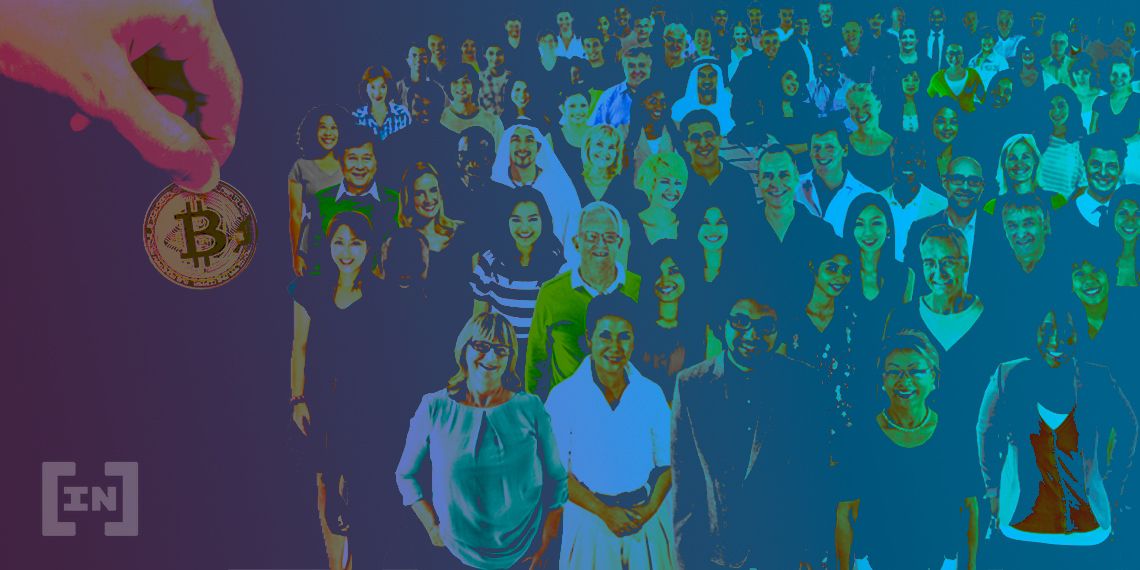The last decade has been a tough time for many American workers, with the cost of living rising drastically while wages have largely stagnated. However, it appears that the reduced purchasing power of the US dollar (USD) could have been wholly offset had wages been paid in Bitcoin, a cryptocurrency that has appreciated by more than 2,200% since 2015.
Swapping Time for Bitcoin
With the average American pulling in around $28.29 per hour according to MarketWatch, it would currently take almost 257 hours to purchase a single Bitcoin (BTC) at its current value (circa. $7,315). Comparatively, somebody earning the federal minimum wage of $7.25 per hour would need to work just over 1,000 hours to earn a single Bitcoin. As one of the most popular cryptocurrencies with a limited supply, Bitcoin is understandably pretty scarce these days. However, less popular cryptocurrencies with a lower unit price can be earned far more easily, since the average American can earn enough to purchase a single ether (ETH) in just 4.67 hours, while a single XRP can be earned in only 24.4 seconds. Looking further back, we can better grasp just how quickly Bitcoin and some other cryptocurrencies have appreciated in value, while the US dollar has seen its purchasing power shrink in recent years. For example, back in 2015, the federal minimum wage was still set at $7.25/hour, while Bitcoin opened the year at $315. At these rates, even a minimum wage worker could have earned a whole Bitcoin in just 43 hours, while the 2015 average hourly wage of $24.75 means workers could have earned 1 BTC in under 13 hours. To put this into perspective, most Americans would need to work at least 23x longer to earn a single Bitcoin now, compared with 2015.
It Isn’t Just BTC Slipping Away
Unfortunately, although the federal minimum wage hasn’t increased for more than a decade, the cost of living has risen drastically in the U.S. over the same period, making it difficult, if not impossible, for those in lower-income brackets to save and invest. Across this same period, the average sale price for housing has increased by 50%, whereas the cost of most foods and groceries has increased by more than 20%. On top of this, students can now expect to spend 25% more on tuition costs, and the average rental cost has increased by more than 10% since 2009. Moreover, with the average American earning just 4% more in 2019 compared to 2009, it is quite clear that the cost of living is rapidly outpacing wages growth—but why? Well, part of the reason behind this can be attributed to the fact that the US dollar is an inflationary currency. This means that the purchasing power of each dollar typically decreases each year as new bills enter circulation. Conversely, as a deflationary unit of value, Bitcoin and most other cryptocurrencies have drastically improved in purchasing power over their lifetime. Because of this, anybody who had taken their salary in Bitcoin, rather than USD, would now be in a far better position compared to those receiving fiat payments.Disclaimer
In adherence to the Trust Project guidelines, BeInCrypto is committed to unbiased, transparent reporting. This news article aims to provide accurate, timely information. However, readers are advised to verify facts independently and consult with a professional before making any decisions based on this content. Please note that our Terms and Conditions, Privacy Policy, and Disclaimers have been updated.

Daniel Phillips
After obtaining a Masters degree in Regenerative Medicine, Daniel pivoted to the frontier field of blockchain technology, where he began to absorb anything and everything he could on the subject. Daniel has been bullish on Bitcoin since before it was cool, and continues to be so despite any evidence to the contrary. Nowadays, Daniel works in the blockchain space full time, as both a copywriter and blockchain marketer.
After obtaining a Masters degree in Regenerative Medicine, Daniel pivoted to the frontier field of blockchain technology, where he began to absorb anything and everything he could on the subject. Daniel has been bullish on Bitcoin since before it was cool, and continues to be so despite any evidence to the contrary. Nowadays, Daniel works in the blockchain space full time, as both a copywriter and blockchain marketer.
READ FULL BIO
Sponsored
Sponsored

